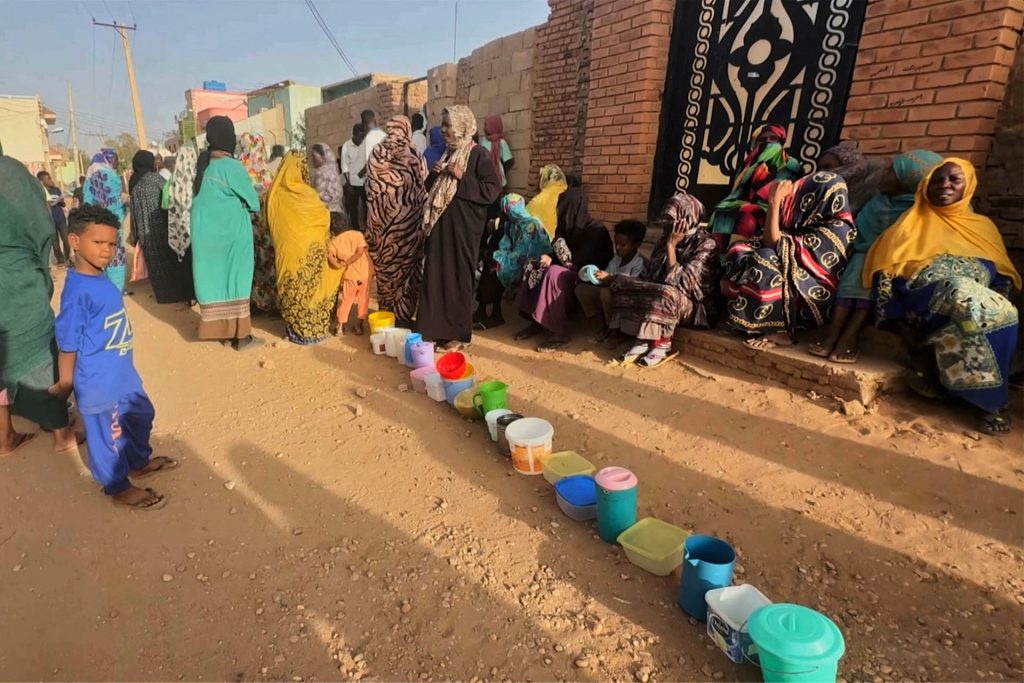The Sudanese government has strongly rejected a United Nations-backed report that declared famine conditions in five regions of the war-torn country, with accusations of transparency failures in the review process.
The report by the Integrated Food Security Phase Classification (IPC), which is used by UN agencies, warned that ongoing conflict between Sudan’s army and the paramilitary Rapid Support Forces (RSF) had left 638,000 people facing famine conditions, with an additional 8.1 million at risk of starvation.
However, Sudan’s foreign ministry called the IPC’s assessment “speculative” and accused the review team of procedural errors and a lack of consultation with government officials before the report’s release. They also claimed the IPC had not obtained updated field data.

The IPC, which states that its processes are evidence-based, did not immediately respond to the government’s claims. Previously, the IPC had declared a famine at the Zamzam displacement camp in Darfur in August.
Sudan’s commissioner for humanitarian aid, Salwa Adam Benya, rejected the famine report, calling it pure fabrication and accusing aid agencies of using food insecurity as a political tool.
The Sudanese government, based in Port Sudan since fighting began in the capital Khartoum in April 2023, has been accused of obstructing international aid efforts and creating bureaucratic barriers to humanitarian work.
International aid organisations have condemned these actions, with the International Rescue Committee calling Sudan the biggest humanitarian crisis ever recorded and accusing the army of blocking aid to RSF-controlled areas.
As the war continues, tens of thousands have died, and millions face dire food insecurity. The IPC reports that nearly half of Sudan’s population, around 24.6 million people, are suffering from severe food insecurity, with only a ceasefire offering hope for alleviating the famine’s spread.

